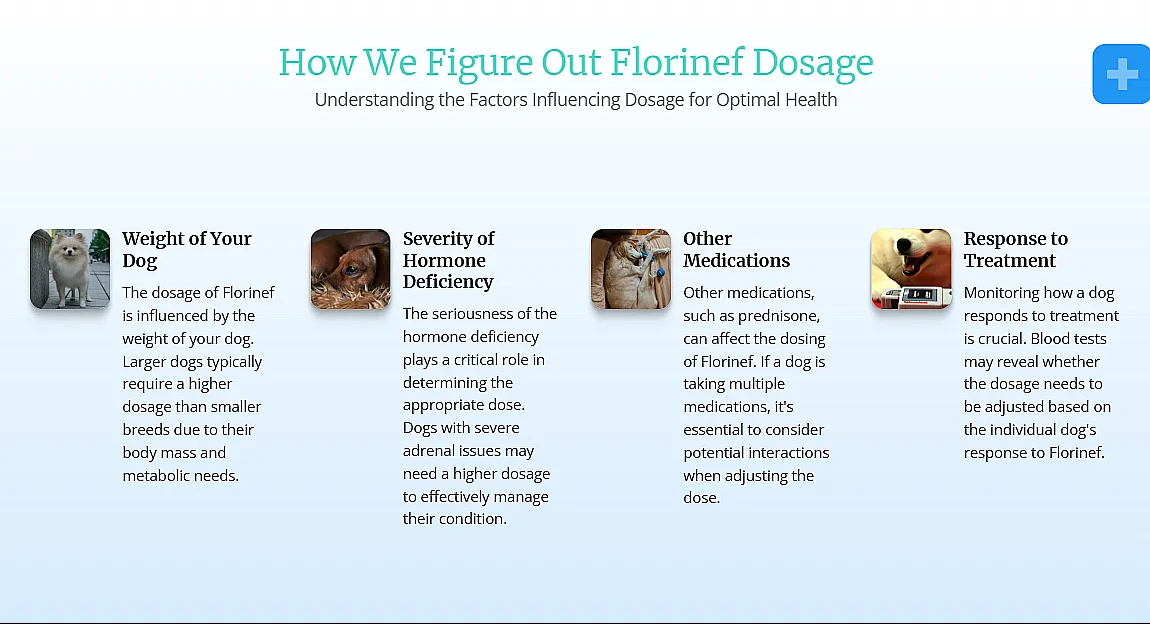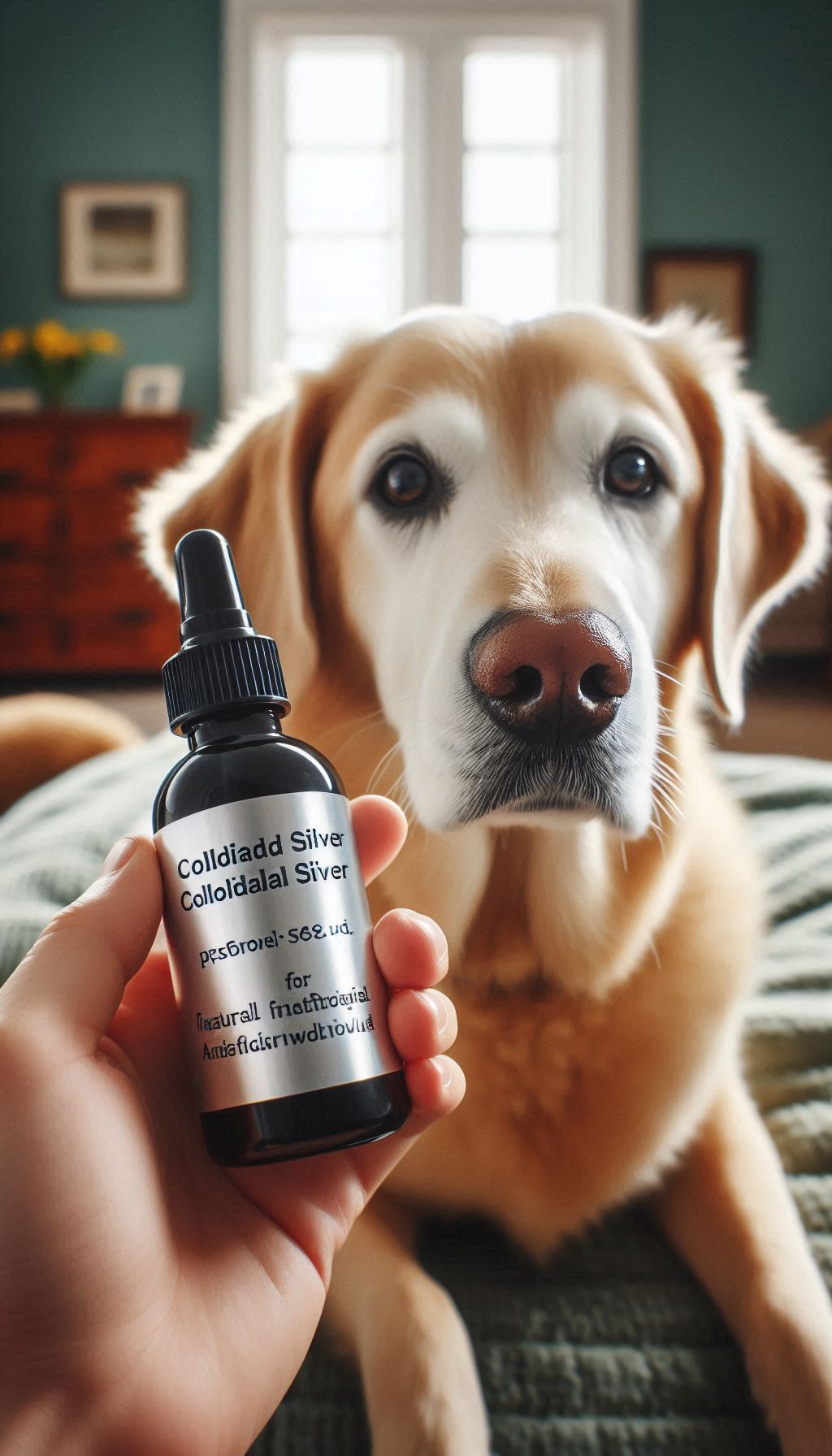Have you ever wondered if dogs can eat liquorice?
We all know that dogs can eat a variety of human food, but should we be allowing them to indulge in the sweet treats we enjoy?
In this blog post, I’ll explore whether or not it is safe for our canine friends to consume liquorice, and what kind of human food can make a tasty treat for your pet.
What is Liquorice?
Liquorice is a plant native to Asia and Europe and is widely used in many candies, foods, and medicines. It is also known as licorice.
The root of the licorice plant is used as a flavoring agent and has been used for centuries for its medicinal properties.
It is also used to make a sweet treat known as licorice candy, which is often enjoyed by humans but should not be given to pups.
Can Dogs Eat Liquorice?
No, dogs cannot eat liquorice. This is because licorice contains a compound called glycyrrhizin, which can be toxic to your furry friend if consumed in large amounts. In addition, licorice is a sweetened food and can lead to dental problems and weight gain if eaten in excess. It is best to avoid giving dogs any type of candy, including licorice, as it could be hazardous to their health.
Different forms of liquorice
Licorice comes in many different forms, ranging from candies to supplements to medicines. It is important to know the difference between these forms, as some can be more dangerous than others.
Are There Any Benefits?
Yes, licorice has some health benefits for dogs but as a medicine only.
It has been used to treat digestive issues and can help reduce inflammation. It is also believed to have antioxidant, antifungal, and antiviral properties.
However, it is important to note that there is no scientific evidence to support these claims.
Recent Study on Liquorice
A recent study published by Science Direct about liquorice has revealed that it contains a major active constituent called Glycyrrhizin (GL) which is considered one of the oldest and most widely used botanicals in Chinese medicine and worldwide.
Structurally, GL is a triterpene saponin that is widely used as a flavoring agent in foodstuffs and cosmetics and is also proposed for various clinical applications with a myriad of health benefits.
This study has also demonstrated that GL has the potential to be used as a nanomedicine delivery system, with its particle size significantly enhancing its action and biodistribution.
Is Liquorice Toxic to Dogs?
When it comes to the safety of dogs eating licorice, the answer isn’t as clear-cut as it may seem.
While the licorice root itself isn’t considered to be toxic to dogs, many licorice candies and other forms of licorice contain ingredients that can be dangerous to pups.
These ingredients include large amounts of wheat gluten, sugar, and high-fructose corn syrup, all of which can cause gastrointestinal issues, weight gain, water retention, and high blood pressure in canines.
As a result, it’s best to err on the side of caution and refrain from feeding your furry friend any form of licorice candy containing these ingredients.
Common Symptoms of Poisoning
Common symptoms of licorice poisoning in dogs are vomiting, diarrhea, lethargy, lack of appetite, increased thirst, and abdominal pain.
If your furry friend displays any of these symptoms, it is important to seek veterinary care immediately.
Fun fact: China is the largest Exporter and the United States is largestt importer of Liquorice as of 2021 according to tridge.
What Should You Do if Your Dog Eats Liquorice?
If your friend has eaten licorice, contact your veterinarian immediately. Your vet can advise you on the best steps to take, based on the amount of licorice your pup has consumed.
Depending on the severity of the situation, your vet may recommend inducing vomiting at home or bringing your dog in for further treatment.
It’s important to act quickly, as licorice poisoning can have serious consequences. If your dog is displaying any of the symptoms of licorice poisoning, such as vomiting, diarrhea, or abdominal pain, seek veterinary attention as soon as possible.
Treating Your Dog After Eating Liquorice
Treatment may involve inducing vomiting or gastric lavage to remove the toxins from the stomach. The vet may also give your dog activated charcoal to absorb any remaining toxins in the digestive system.
Furthermore, he may prescribe medications to help with any gastrointestinal upset or other symptoms that your dog may be experiencing. It is important to follow your veterinarian’s instructions when it comes to the treatment of your dog after consuming licorice.
It is also important to monitor your dog closely over the next few days to ensure they are recovering properly and that its symptoms do not worsen. If his condition does not improve or worsens, contact your veterinarian immediately.
Preventing Your Dog from Eating Liquorice
The easiest way to do this is to keep all forms of liquorice out of their reach.
Make sure to store candies, supplements, and other forms of licorice away from your pup.
If you do give them any form of licorice, always supervise them while they’re eating it.
Safe Alternatives for Dogs
If you are looking for a safe and healthy alternative to liquorice for your furry friend, there are many options available.
You can give treats specifically designed for dogs, such as dog cookies, biscuits, and chews. These treats contain natural ingredients, such as fruits and vegetables, that are safe for dogs to eat.
Additionally, there are many natural supplements available that can provide your furr buddy with essential vitamins and minerals.
If you want to give your furr buddy something special, try making homemade treats with natural ingredients, such as mashed sweet potatoes or banana puree.
Whatever you choose to give your pooch, make sure it is safe, healthy, and in moderation.
Conclusion
Licorice is not a safe food for dogs. While the root of the plant can be given as a supplement or medicine, licorice candies contain wheat gluten, sugar, and high-fructose corn syrup which can cause a variety of health issues in your pup.
If your furry friend has eaten licorice, it is important to keep an eye on them for signs of poisoning. If you suspect your pup has eaten too much licorice, contact your vet immediately.
To keep your pup safe, it is important to always keep their food and treats away from them and provide them with healthy alternatives.










